The PhD in Computational Media Design aims to provide advanced scientific training at the confluence of Design and Computational Media, and respective research methods. Through an immersive program of learning in the context of laboratory projects and design practice, it aims to enable new researchers to understand and contribute to the advancement of the object and practice of design.
A distinctive aspect of this program is the exploration of computational methods and techniques in Design, in dialectics with the innovation of computational media and their literacies, for the innovation of interaction models and technologies, the study of the dynamics of collaboration, in interdisciplinary synergy with the study of human perception and cognition and artistic practices.
The new PhD graduates will develop capacities for:
the autonomous conduct of high quality interdisciplinary scientific research;
to carry out research projects of high scientific potential, providing integration in international knowledge networks in the area;
contribute to the development of critical and complex thinking in Computational Design and Media;
to understand and exercise Computational Media Design as a tool for social innovation and for the transition to sustainable development.
The PhD program in Computational Media Design aims at a high level training, mobilizing the UC’s network of international partnerships in order to achieve the following objectives:
Research in Computational Media Design with a focus on the intersection of areas such as: computational creativity, human-computer interaction, the artistic practices, architectures, communication, media literacy and criticism, perception and cognition, among other areas relevant to the understanding and practice of design and computational media;
Understand the role of computational methods and technologies in the design and study of innovative computational media, contributing to the advancement of practices and the body of knowledge, exploring strands such as computational, generative, multimodal and interactive;
Understand the relationships between design practice and the research process, and their modes of knowledge production;
Investigate the challenges in participatory and plural design practice of transforming a material culture into socio-technical networks;
Develop the role of design in social innovation and sustainable transition, articulating the relationship of the endogenous, or local, with cosmopolitan knowledge networks.
